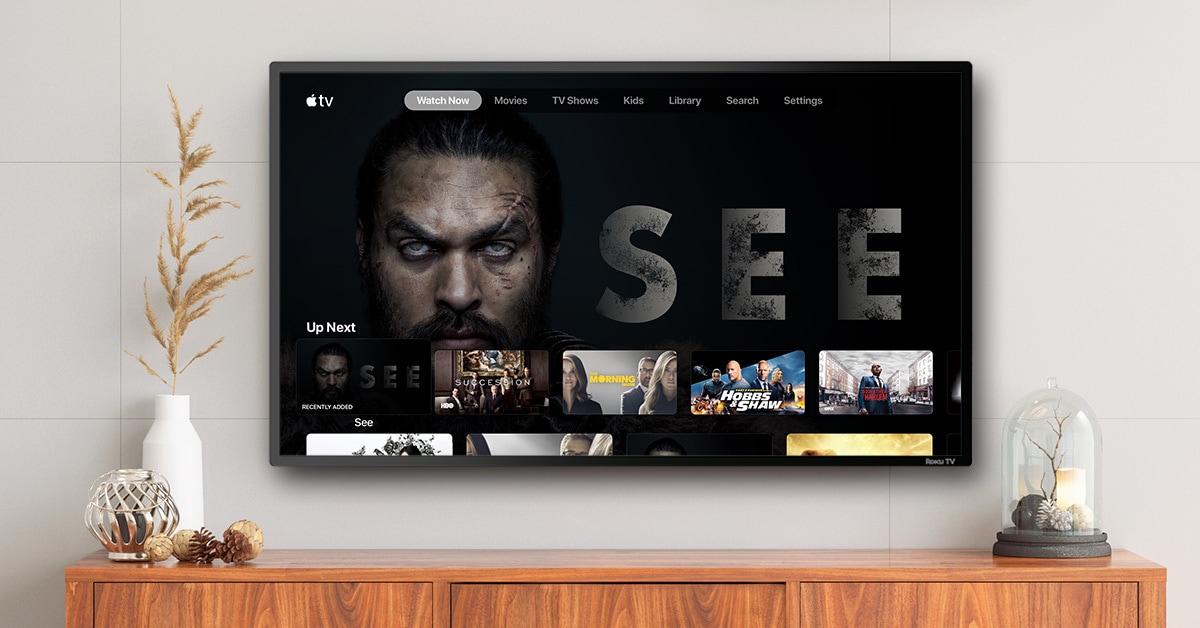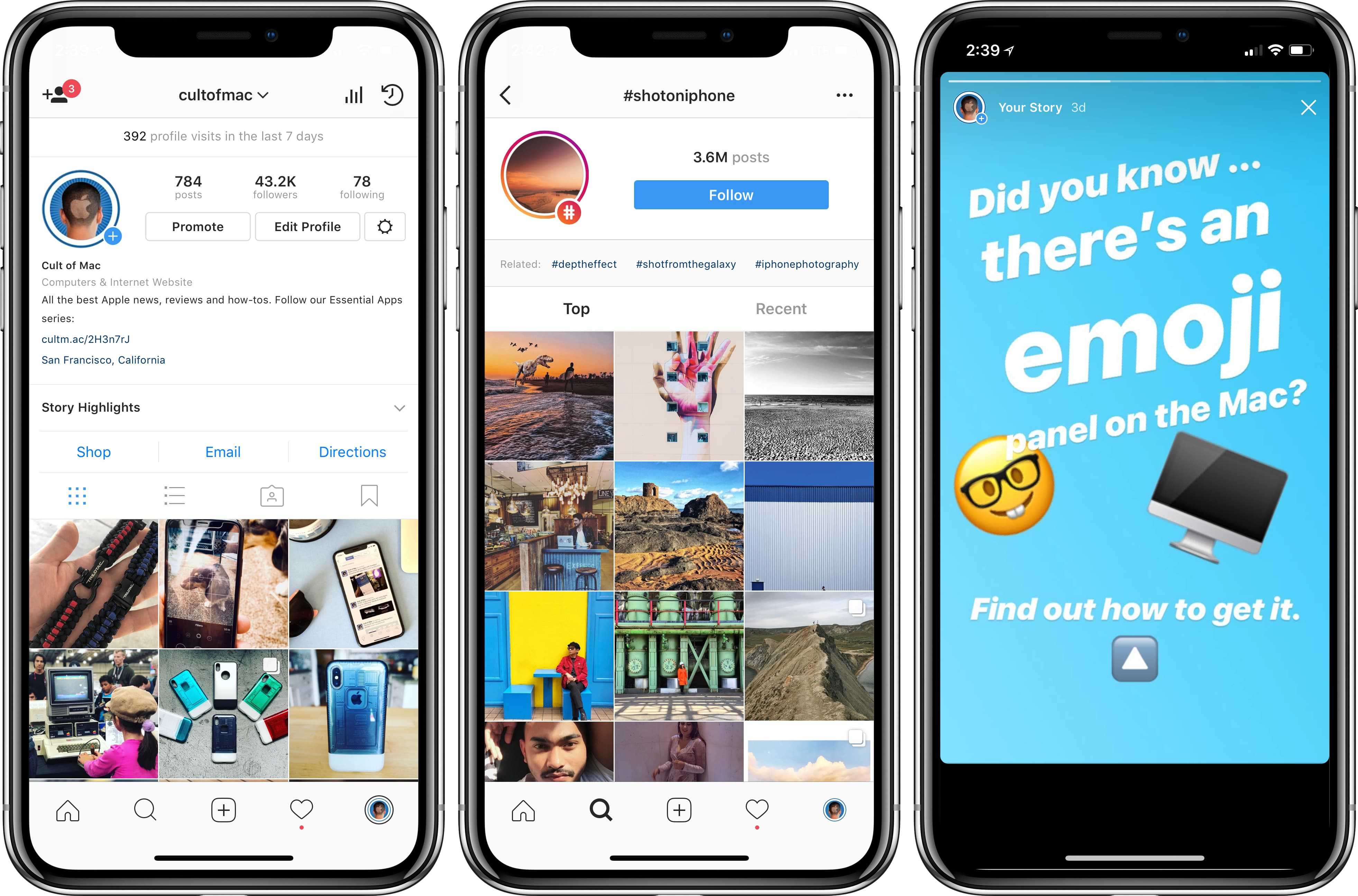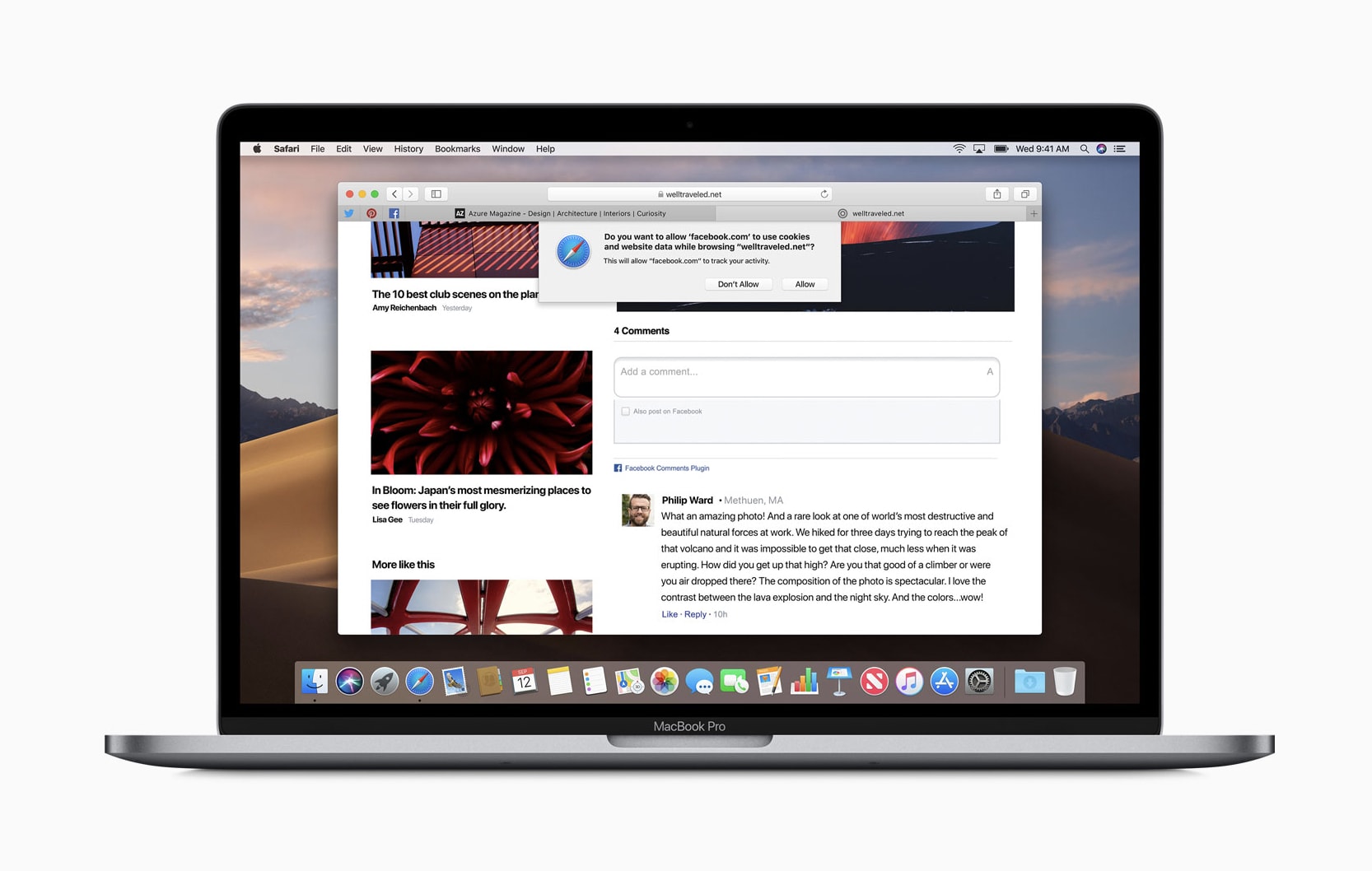 April 16, 2009: Apple hits back at Microsoft following an advertisement that criticizes Cupertino for failing to sell decent laptops for less than $1,000.
April 16, 2009: Apple hits back at Microsoft following an advertisement that criticizes Cupertino for failing to sell decent laptops for less than $1,000.
“A PC is no bargain when it doesn’t do what you want,” Mac PR director Bill Evans tells Bloomberg. “The one thing that both Apple and Microsoft can agree on is that everyone thinks the Mac is cool. With its great designs and advanced software, nothing matches it at any price.”


 August 12, 1981: The launch of the IBM Personal Computer ignites a long-running Apple-versus-PC rivalry.
August 12, 1981: The launch of the IBM Personal Computer ignites a long-running Apple-versus-PC rivalry.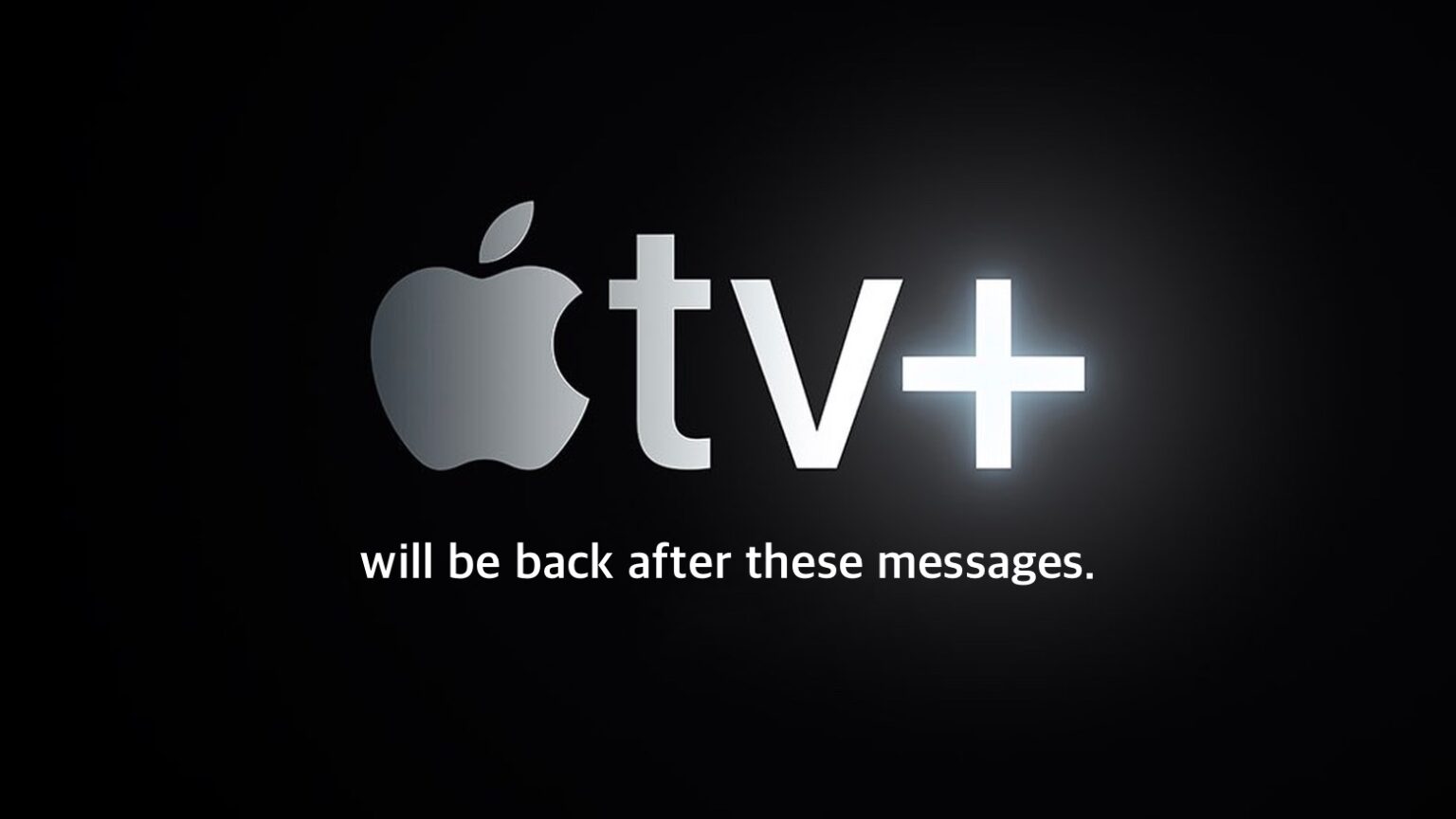
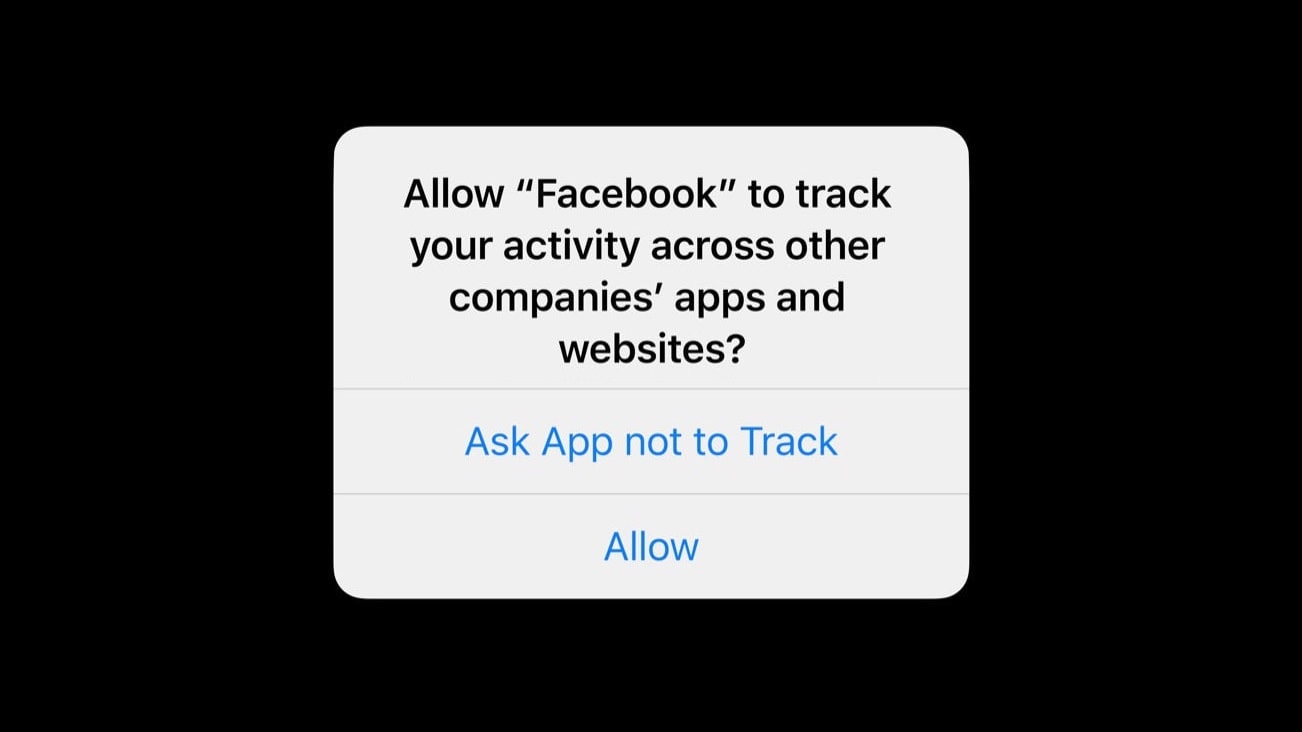

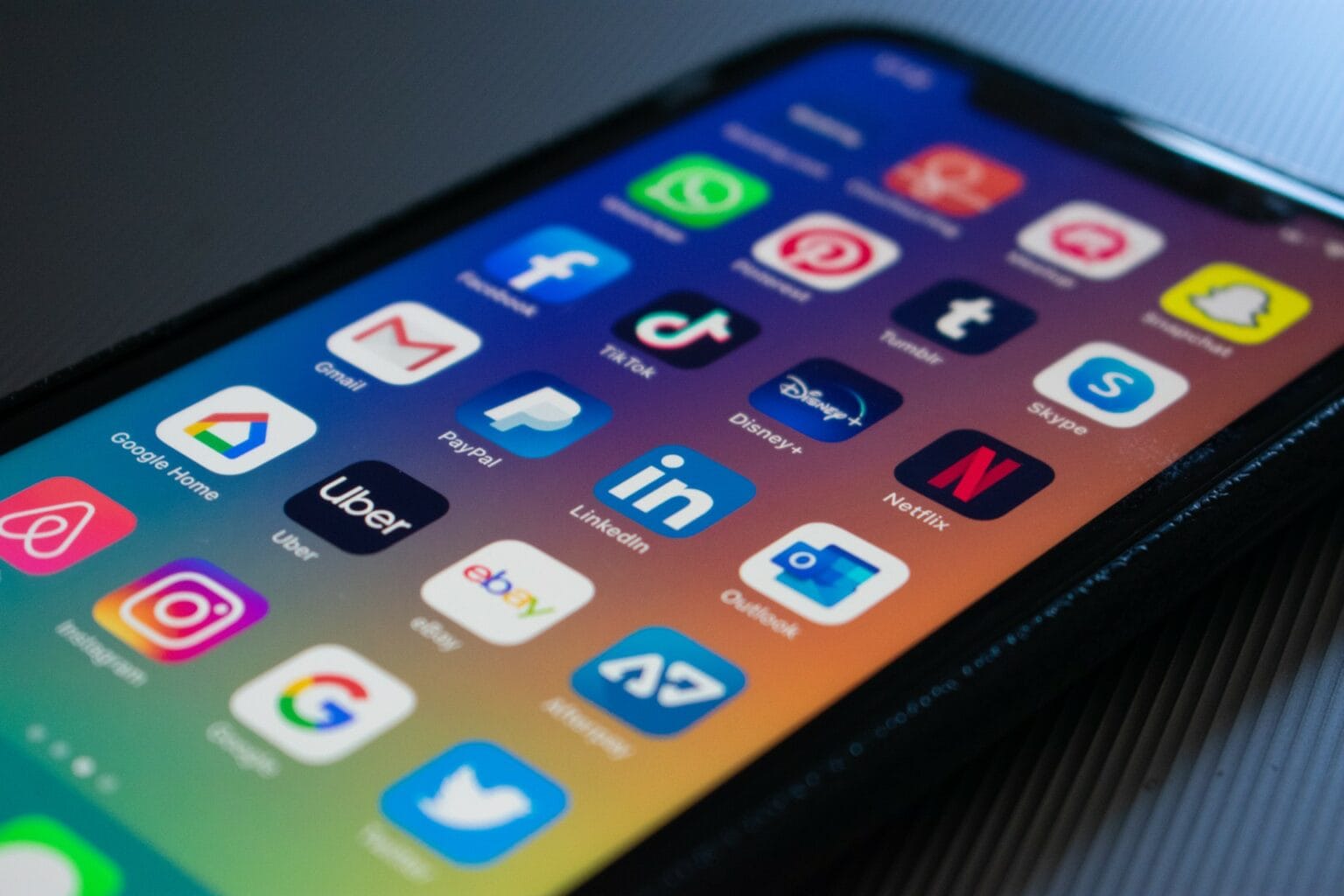

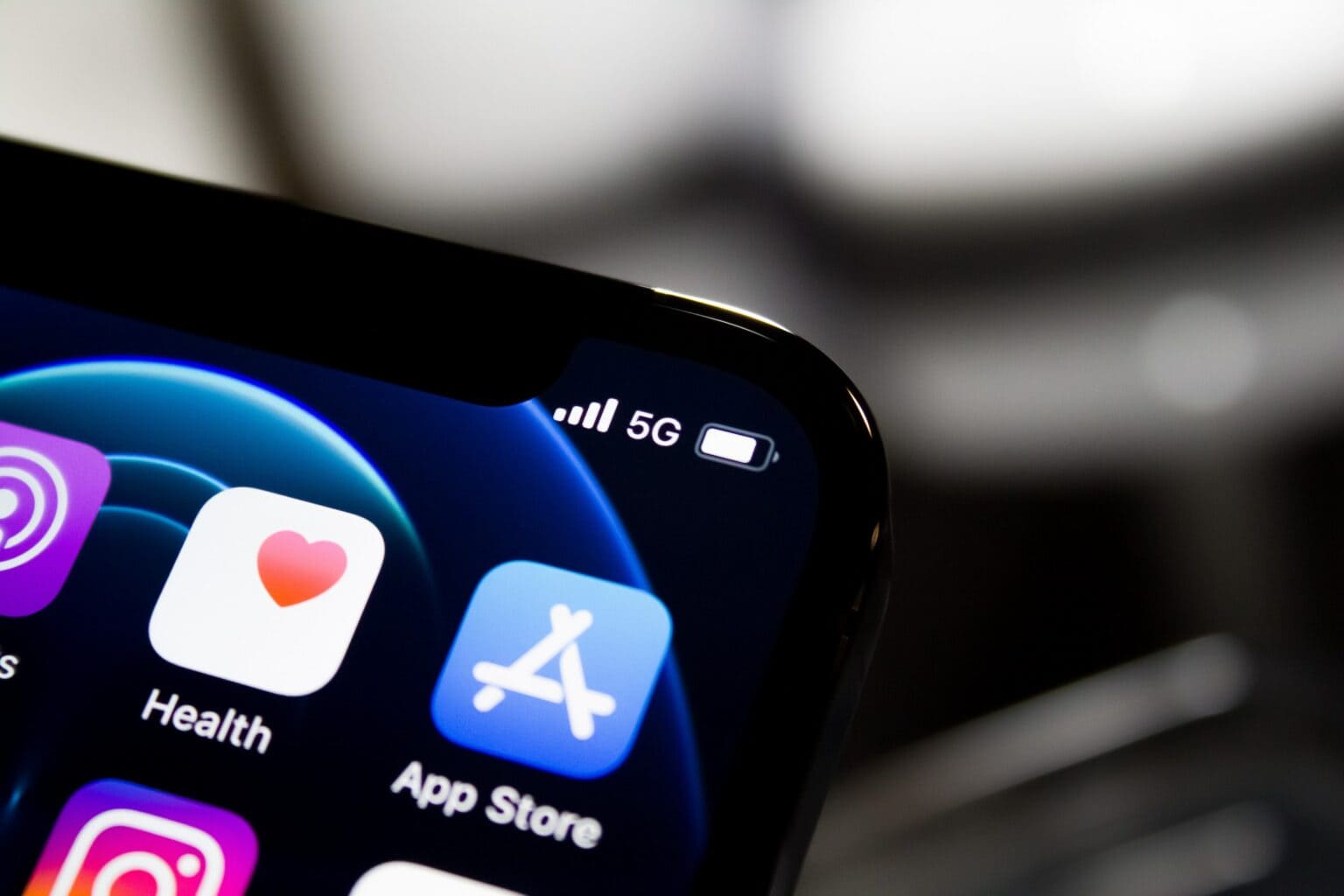
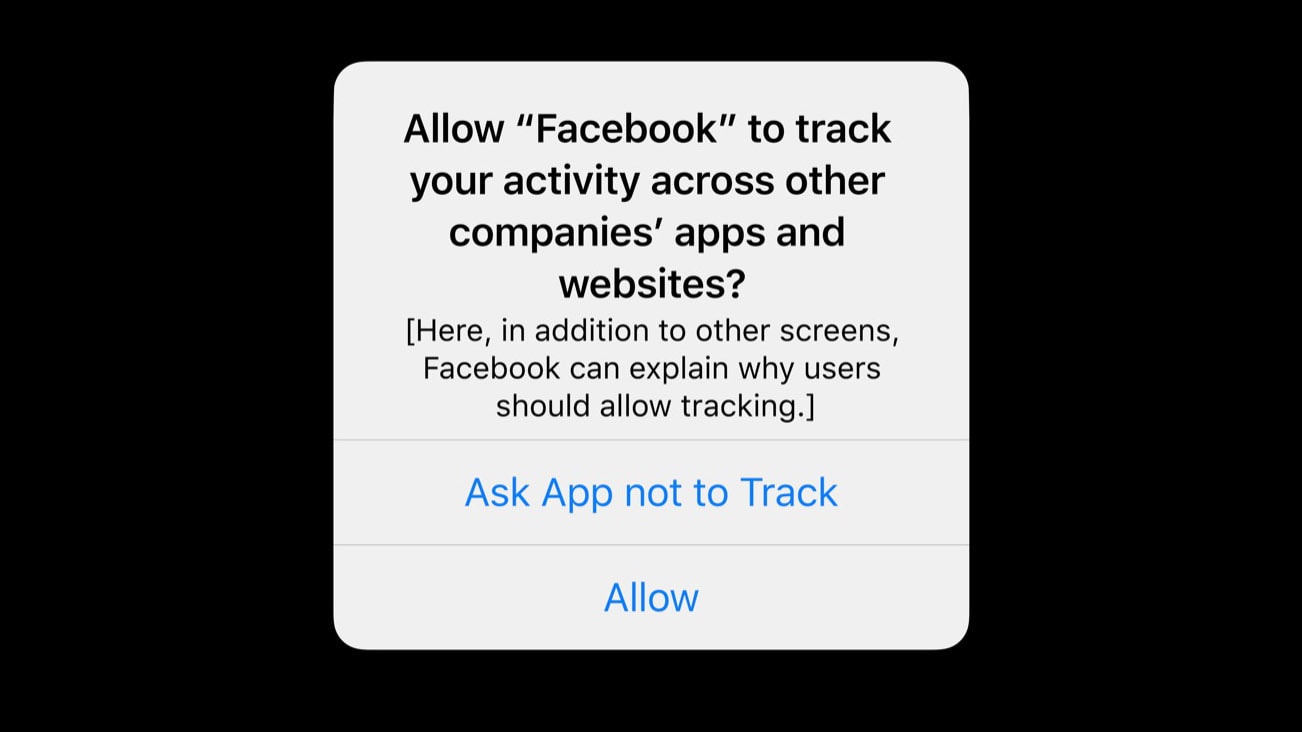
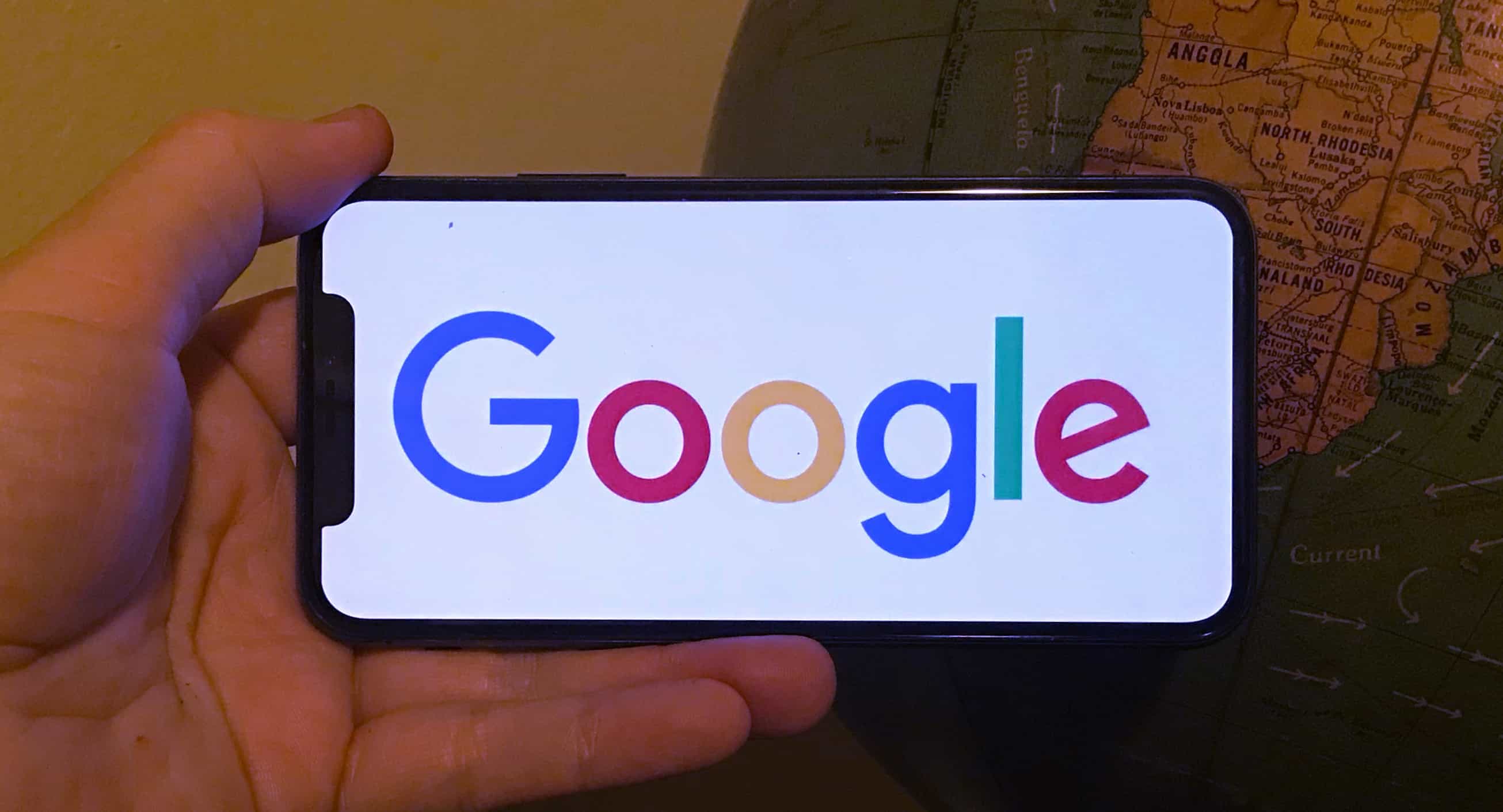
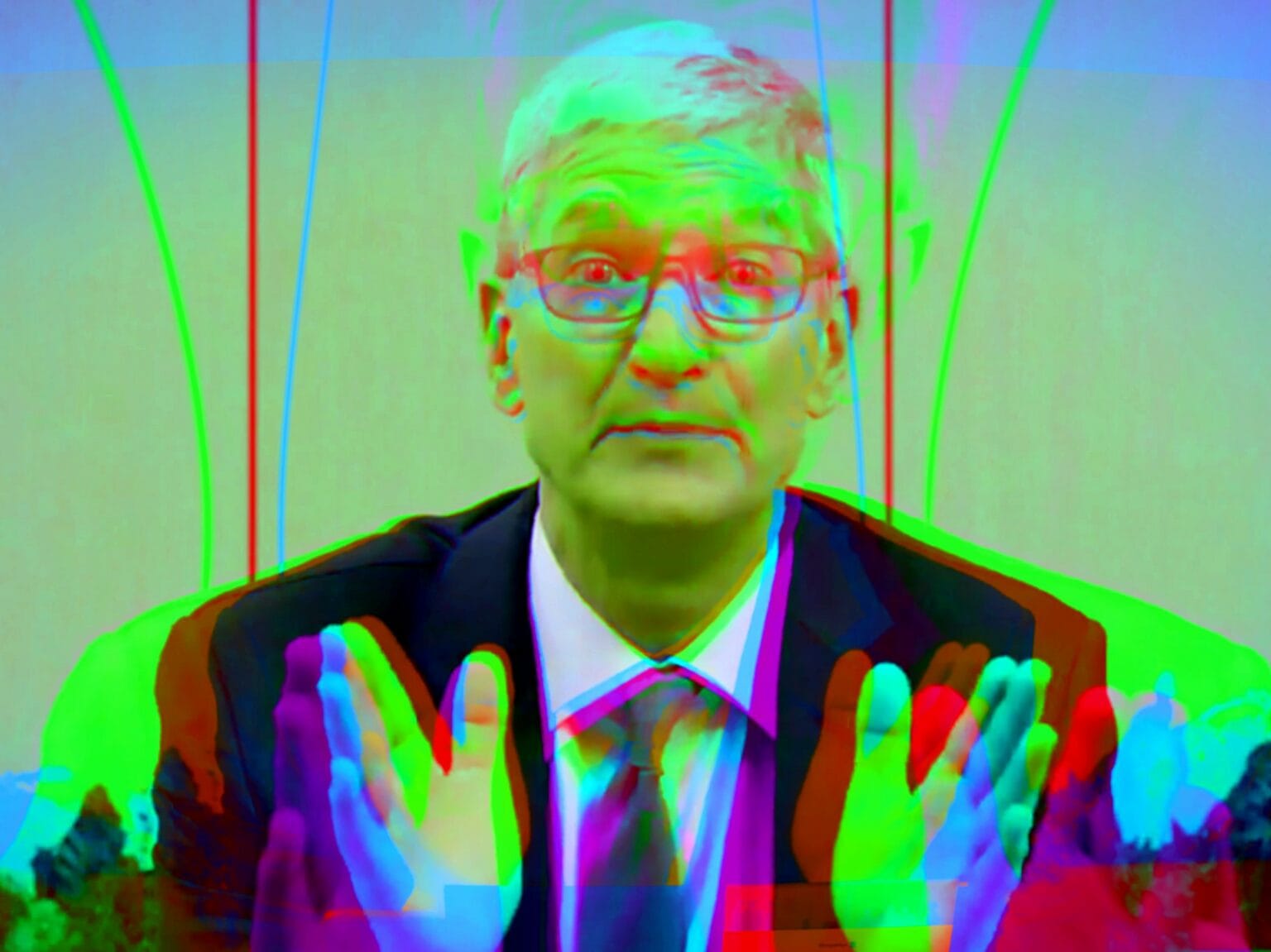





![Why Apple is right to keep ads off Apple TV+ [Opinion] Why Apple is right not to have ads on Apple TV+ [Opinion]](https://www.cultofmac.com/wp-content/uploads/2020/01/pawel-czerwinski-_9dSF0Hwitw-unsplash.jpg)

